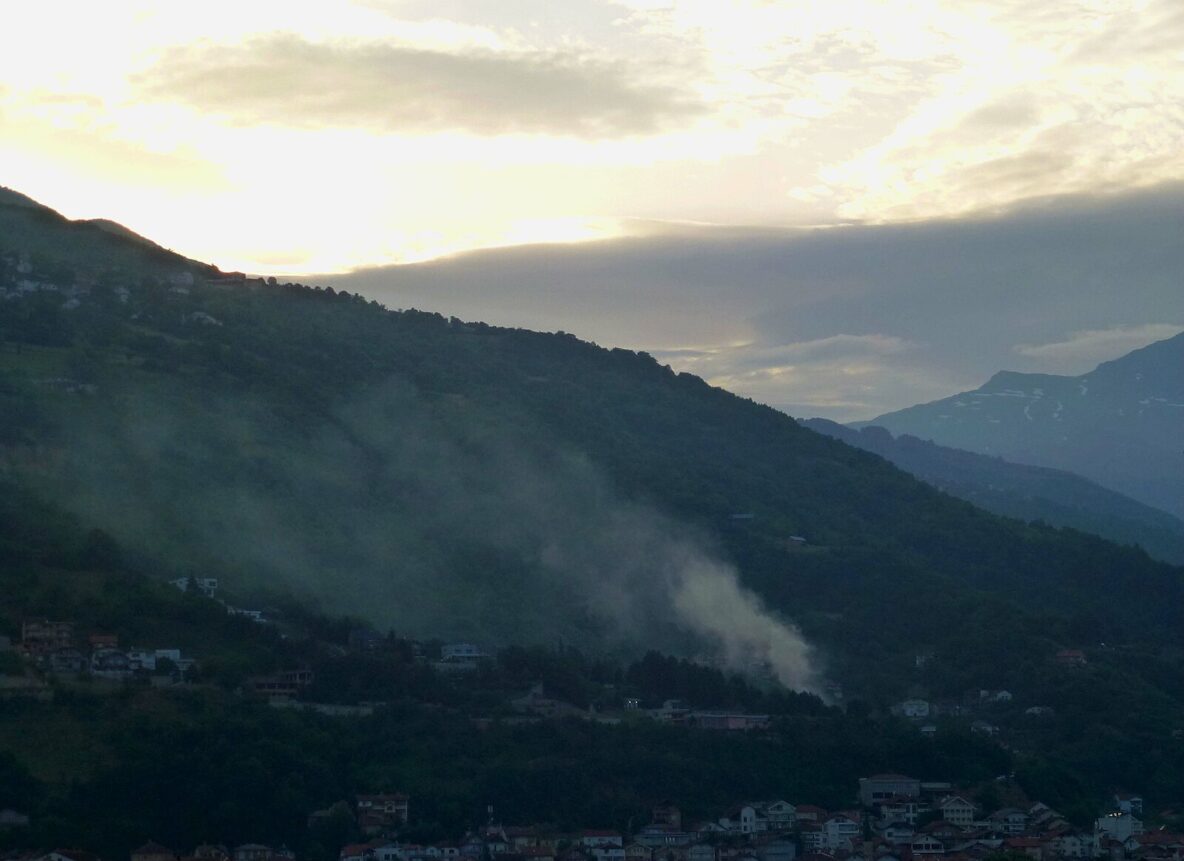If you read the news, you probably know that our planet is on fire — literally. It might feel hopeless, and you might want to tune out, but don’t be fooled — there’s still time to turn this around.
What’s going on again?
The world is facing a climate crisis. A new report from the United Nations shows that the last decade was the hottest on record. It also warns that global temperatures are rising and climate change is getting worse, as 2024 was the first year to exceed 1.5°C in global temperature increase. The estimated economic losses from natural disasters were $268 billion in 2020, and by 2024, they had risen to $417 billion. Meanwhile, CO₂ levels are soaring to unprecedented heights, further fueling the crisis.
Why is CO₂ involved?
CO₂ (or carbon dioxide) is one of the major greenhouse gases responsible for global warming. When we burn coal, oil and gas, we release CO₂ into the atmosphere. This traps heat and causes the planet to heat up. The more CO₂ there is, the worse the effects become. Think about more prominent extreme weather conditions – stronger storms, more frequent wildfires and rising sea levels. To give an example, between January 1993 and December 2002, the average rate of sea level rise was 2.1 mm per year. However, more recently, this rate has accelerated to an average of 4.7 mm per year between January 2015 and December 2024. ”Hurricane Helene, floods in Spain and the weather whiplash fueling wildfires in California are symptoms of this unfortunate climate gear shift,” University of Georgia meteorology professor Marshall Shepherd stated.
Wait, why 1.5 degrees?
The 1.5-degree mark refers to the global temperature rise limit agreed upon in the 2015 Paris Agreement. At the time, scientists warned that if global temperatures rise by more than 1.5 degrees Celsius above pre-industrial levels, the impact of climate change will become way more dangerous. The UN report said that global heating is contributing to more extreme weather events that have led to the highest levels of shift in 16 years, contributing to worsening food crises and causing massive economic losses. In 2024 alone, there were at least 151 “unprecedented” extreme weather events, including 27 billion-dollar disasters in the U.S. Not to mention, the year also began with devastating wildfires in Southern California.
So, are we screwed?
Yes, but no. Climate journalist Vincent Merckx explains that while the current situation is concerning, we are not yet at the “point of no return”. But the danger grows as we continue along our current path: “If we continue with ‘business as usual’, we are heading towards a temperature rise of 2.7 degrees, which is not good. There are significant risks, particularly due to feedback loops, such as the melting of the ice caps, which reduces the Earth’s ability to reflect sunlight, which in turn accelerates warming, creating a vicious cycle. Similarly, the Amazon rainforest, which currently absorbs large amounts of CO₂, could begin to dry out and die off due to higher temperatures. This is why the Paris Agreement set the goal of limiting global warming to 1.5°C, to the extent that we can.” Climatologists emphasize that we need to limit our emissions as soon and as much as possible: “We are not lost yet, but we’re certainly not on the right track”, said Vincent.
Can I help somehow?
According to Vincent, there are a few quick wins. We’ve all heard about reducing car use or limiting air travel, but the most meaningful act would be adopting a plant-based diet. Many people don’t know, but animal agriculture remains one of the top sources of emissions. That is because we have methane from livestock digestion (particularly cows), nitrous oxide from manure (animal waste) and land-use changes like deforestation and grazing, as in freeing up land for more animals to raise (for dinner). That being said, you don’t have to go full vegan from Monday, but it would be helpful to eat less meat. Every other day, let’s say. Small changes add up, no bullshit!

Pollution of Tetovo with smoke and smog under Shar Mountain (Photo Credit: Wikimedia Commons)
[jetpack-related-posts]
